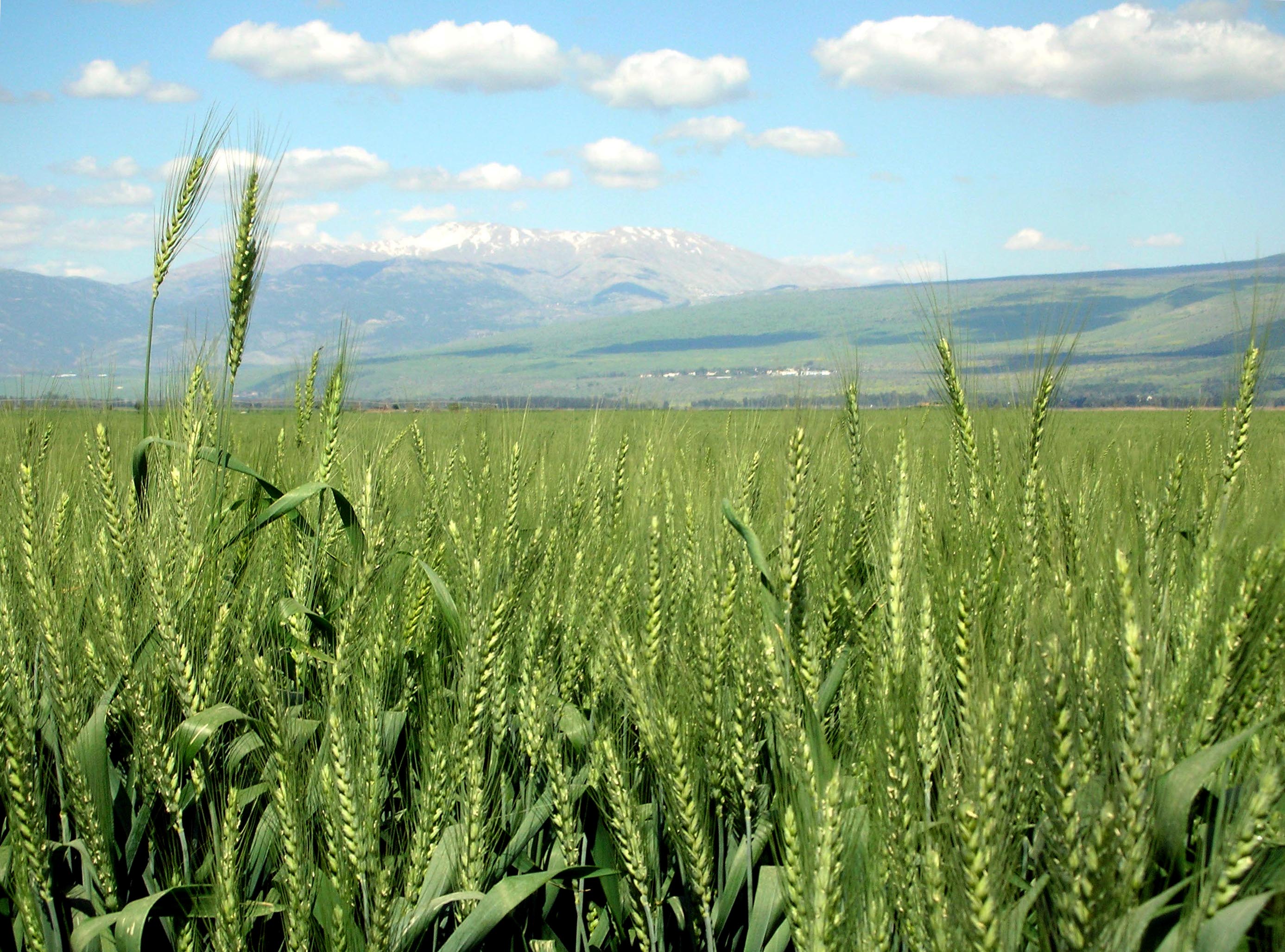
The Sunday Mail

Emilia Zindi – Agriculture Editor
Wheat millers are already purchasing the crop from $390 to $430 a tonne depending on the grade despite the fact that Government is yet to announce this year’s producer price.
Last year, Government’s price was set at $466.
When contacted for comment, Deputy Minister of Agriculture, Mechanisation and Irrigation Development (in charge of crops) Mr Davies Marapira said while Government was yet to announce the price, the right person to confirm the date of this announcement was Minister Dr Joseph Made.
“Dr Made is the right person to speak on that,’’ he said.
Efforts to get hold of Dr Made were in vain as his mobile phone went unanswered. Grain Millers’ Association chairman Mr Tafadzwa Musarara confirmed that the milling industry had already started buying wheat although Government had not yet issued a producer price.
“The milling industry is currently buying at the following prices (circa) Premier Grade $430 per tonne, standard grade $420, utility 1 grade $415, utility 2 $400 and under grade at $390 a tonne respectively,’’ he said.
Zimbabwe Commercial Farmers’ Union president Mr Wonder Chabikwa expressed displeasure at the price being used by the millers and said the wheat farmers would appreciate a price of at least $600 a tonne considering the costs of production.
“We are talking of production costs that include power tariffs, water charges as well as labour and inputs. In other countries it is less than $1 000 to produce a hectare of wheat and here we are talking of about $2 000 to $3 000 per hectare,’’ said Mr Chabikwa.
In Australia and Russia, costs of producing a hectare of wheat is between $400 and $500 respectively.
These disparities in production costs have rendered the local farmers uncompetitive on the international market.
And inevitably, wheat production in the country has continued declining since the 1990s. Zimbabwe used to produce 325 000 tonnes of the crop per annum, but last year only 25 000 tonnes were produced.
This is against a consumption of about 450 000 tonnes.
National statistics show that Zimbabwe’s peak wheat production occurred during the 1990s and in 2001 when annual production peaked to 325 000 and 324 000 tonnes.
The first decline was recorded in 2002 when total production was 186 000 tonnes from the 341 000 that had been produced in 2000.
In 2007, the decline continued to 64 500 tonnes while the following year tumbled further to 25 550 tonnes.
In 2009, the country only harvested 18 000 tonnes while only 11 300 was produced in the following year.
This declining trend continued in 2011 where less than 10 000 tonnes were produced.
The 2014 season target was 29 000 tonnes but it was missed largely due to lack of funding.
The poor performance has been attributed to the high production costs coupled with the low producer prices.
As a result the country is covering the deficits through imports from South Africa. Experts are raising concern that the country risks becoming completely reliant on imports if no solutions are put in place to encourage local production.
Over the years, local farmers have been calling on Government to come up with supportive measures in the production of the strategic crop.
These could include subsidising inputs such as fertiliser, seed, fuel as well as herbicides and electricity tariffs.
Mr Musarara said 20 000 hectares were grown by contracted farmers who are expected to sell their produce to the millers that contracted them.
He said the millers were buying wheat from independent and contracted farmers at the same price.
Since the industry has taken a healthy aggregate position of 200 000 metric tonnes of wheat (for the festive season) from both local producers and imports, the National Railways of Zimbabwe (NRZ), through the Ministry of Transport and Infrastructure Development, is assisting in transporting wheat from Beira to Harare.
“The NRZ has advised us that over 100 wagons have been deployed to uplift the 20 000 metric tonnes of wheat with deliveries expected in the next few days. The same traction will be maintained throughout the festive season,’’ he said.




